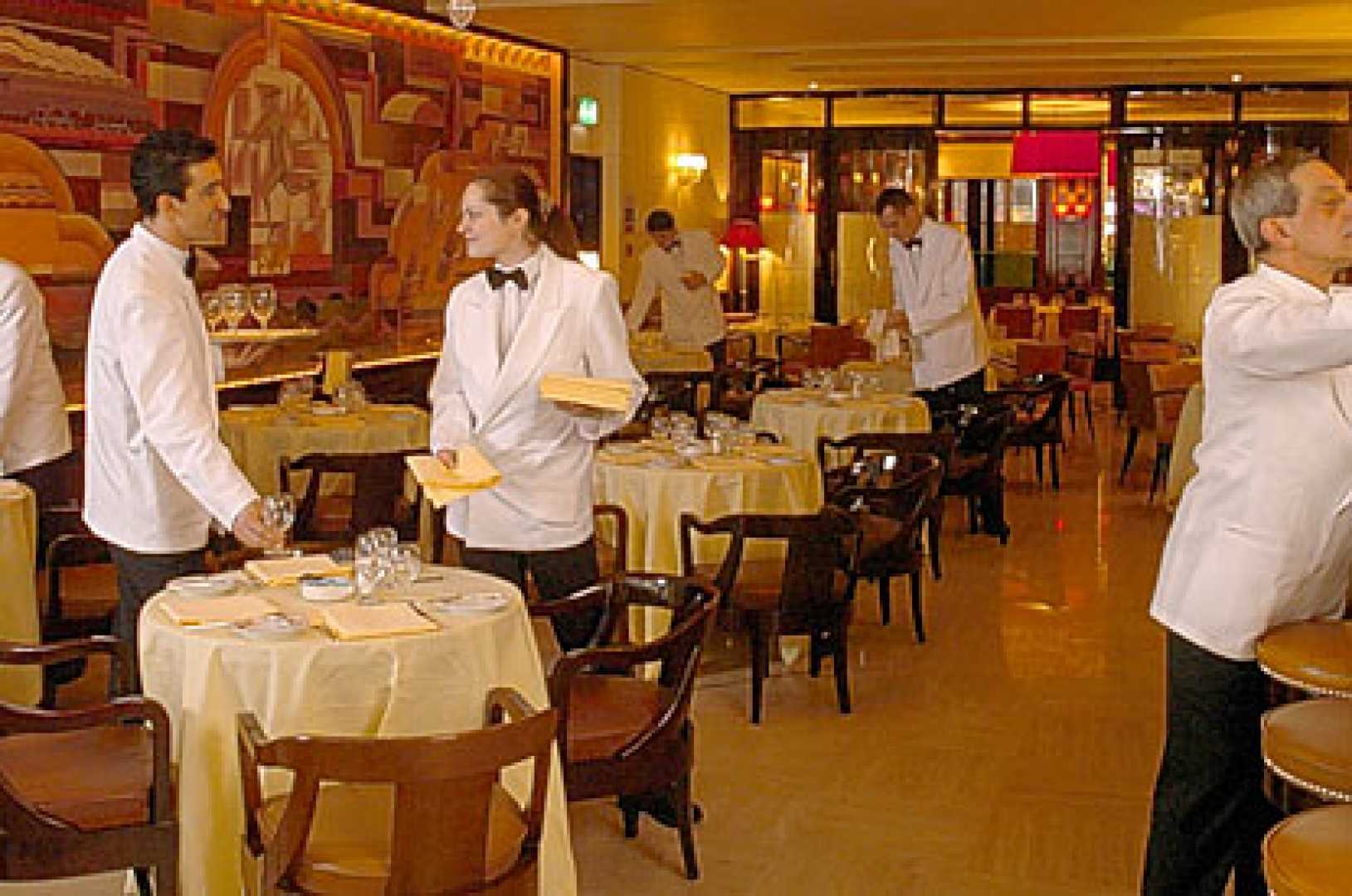News
Mastering the Art of Complaining in Restaurants

London, UK — As household budgets tighten, dining out has become a necessity, raising expectations for restaurants. Yet, British diners have a reputation for being reluctant to voice complaints. To navigate this tricky terrain effectively, five industry experts—including top chefs and a former royal butler—offer their insights.
Brian McElderry, a chef with nearly 50 years of experience, believes Britain’s dining culture is uniquely restrained when it comes to complaints. McElderry, who has worked across the globe, points out that in places like the U.S. and France, diners are more open about expressing dissatisfaction. He explains, “In France, diners often know how to cook and set their standards, whereas in the UK, customers can be timid or uncertain about when it’s appropriate to complain.”
Many experts highlight steak as the dish that Britons frequently misjudge. McElderry cautions that if diners dislike fat, they should avoid ordering a ribeye, and if they request a well-done steak, they should be prepared for a longer wait. He recounts an incident where a customer sent back three steaks before finally accepting the fourth, which he personally served. “I told him I would watch to make sure it was perfect, and it turned out to be just that,” McElderry recalls.
Attitude is crucial when navigating complaints in dining establishments. Jesse Dunford Wood, a chef patron in London, shares a personal experience that emphasizes the need for understanding. After a customer found a tooth in their dish, the situation was resolved when it turned out to be an animal tooth that had mistakenly been included in the recipe.
Etiquette expert Laura Windsor advocates for a calm and respectful approach when addressing issues. “Screaming or overreacting appears arrogant and counterproductive,” she notes. Instead, she suggests discreetly approaching the waiter and discussing concerns away from the table.
One point that is universally agreed upon is the value of politeness. McElderry states, “Being polite increases your chances of receiving something complimentary.” He asserts, “Free drinks will cost the restaurant less than a bad review.”
The question of how much food a diner can consume before complaining is significant. Grant Harold, a former royal butler, firmly believes that once a diner has taken multiple bites, it is inappropriate to voice complaints. “If you’ve bought a bottle of wine and have started drinking it, you should not complain about the meal,” he reminds diners.
Wood concurs, stating, “It’s disingenuous to finish your meal and then expect a refund.” Daniel Thompson, general manager at Thurlestone Hotel, also echoes this sentiment, emphasizing that complaints after consuming most of a meal are unacceptable.
Timeliness in expressing dissatisfaction is crucial as well. McElderry explains that the average dining experience should last about 90 minutes. If diners have waited longer than 30 minutes for their meal, they should be prepared to ask for a discount or complimentary drink. Harold adds that standard protocol would involve offering free wine if a meal is excessively delayed.
Tipping is also a contentious issue. While it is common in the UK for a service charge to be automatically added to the bill, Windsor urges diners to speak up if they did not receive satisfactory service. “We need to prioritize being proactive and owning the service experiences we pay for,” she asserts.
Windsor emphasizes that today’s economy puts pressure on diners to get their money’s worth. “Customers are spending more than ever on eating out; expectations are higher as a result.”












